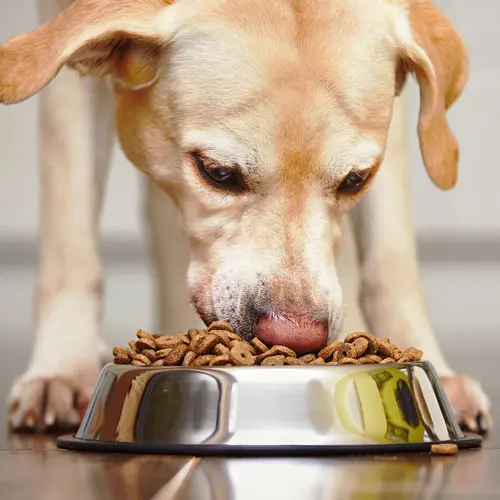Socializing your puppy means teaching them to be well-behaved around other animals and humans. Socialization helps your puppy be comfortable in new environments and keeps them confident in new situations.
The first three months of your puppy’s life is important for their development. During these months, the desire to be social outweighs their fear.
What Age Is Best for Puppy Socialization?
There has been debate about whether you should socialize your puppy before they are fully vaccinated. However, puppies can handle new experiences best between 3 and 12 weeks old. After that stage, they become cautious about new things they haven’t encountered before.
Puppies can begin socialization classes as early as 7 to 8 weeks. Veterinarians recommend at least one round of vaccines 7 days before socialization and the first round of deworming.
After the first 12 to 14 weeks of your puppy's life, continued socialization and introduction to new environments is important. This reinforces good behavior. Keeping a positive environment is important for puppies to feel safe and secure while learning new things.
Why Is Puppy Socialization Important?
A well-socialized puppy creates a behaved, relaxed, safer dog. If your puppy is comfortable in a wider variety of situations, they’re less likely to use aggression in moments of fear. Not socializing your puppy can lead to dangerous situations in the future.
According to the American Veterinary Society of Animal Behavior, the number one cause of death for dogs under three is behavioral issues, not infectious disease.
How Does a Puppy Need to Be Socialized?
There are different methods of puppy socialization: at home, in classes, or puppy playdates. Socializing your new puppy also requires more than meeting new people and dogs.
Your puppy needs to be exposed to new sights, sounds, and textures. Letting children play with your puppy, in a controlled setting, and getting a variety of people to play with your puppy helps as well.
Do I Need to Do Anything Special When I Socialize My Puppy?
When socializing your puppy make sure to take it slow and be aware of your puppy’s limits. Make the interactions positive and give plenty of treats and praise. Everything is new to your puppy, so every encounter is an opportunity to make a positive association.
Try not to stress yourself when introducing your puppy to older dogs, as your puppy can pick up on that. Take baby steps and try to avoid doing too much at once. Take introductions to family and strangers slowly, if your puppy feels overwhelmed they may have a fearful reaction to large groups or settings in the future.
What If My Puppy Seems Frightened During Socialization?
If your puppy shows signs of fear or stress during socialization, remove them from the situation. Taking it slow and introducing different stimulants will help your puppy learn how to deal with the situation. If your puppy shows fear during any situation, even quiet, well-controlled experiences, you may want to seek veterinarian guidance.
Puppy Classes
Puppy classes are a great way for your puppy to learn basic obedience skills and socialize with other puppies. Classes focus on positive reinforcement and allow you to be involved in the training process. Puppy classes let your puppy have a range of interactions and benefits their development as they age.
Vaccinations and Disease Risk During Early Socialization
The risk of your puppy getting an infectious disease is increased before 16 weeks. This is also the best time period to socialize them. Your puppy will not be fully protected until they’ve received all of their vaccinations. But it’s important to socialize them in a safe manner before then.
Don’t wait until they are fully vaccinated, because then you will miss out on the best opportunity to get them comfortable in unknown situations. You should avoid dog parks, beaches, and neighborhood parks until your puppy is fully vaccinated.
Other Safe Ways to Socialize Your Partially Vaccinated Puppy
Taking your puppy into stores, to work, or letting them play in your backyard with dogs you’re familiar with can help them socialize early on. You can throw a puppy party and invite people and healthy dogs of all ages to meet your new puppy.
Taking your dog in a carrier or stroller through busy parks and neighborhoods can help get them used to the sights and sounds. Consider taking them on happy trips to the vet and let them be in the waiting room without getting any shots. Reward them for good behavior.

